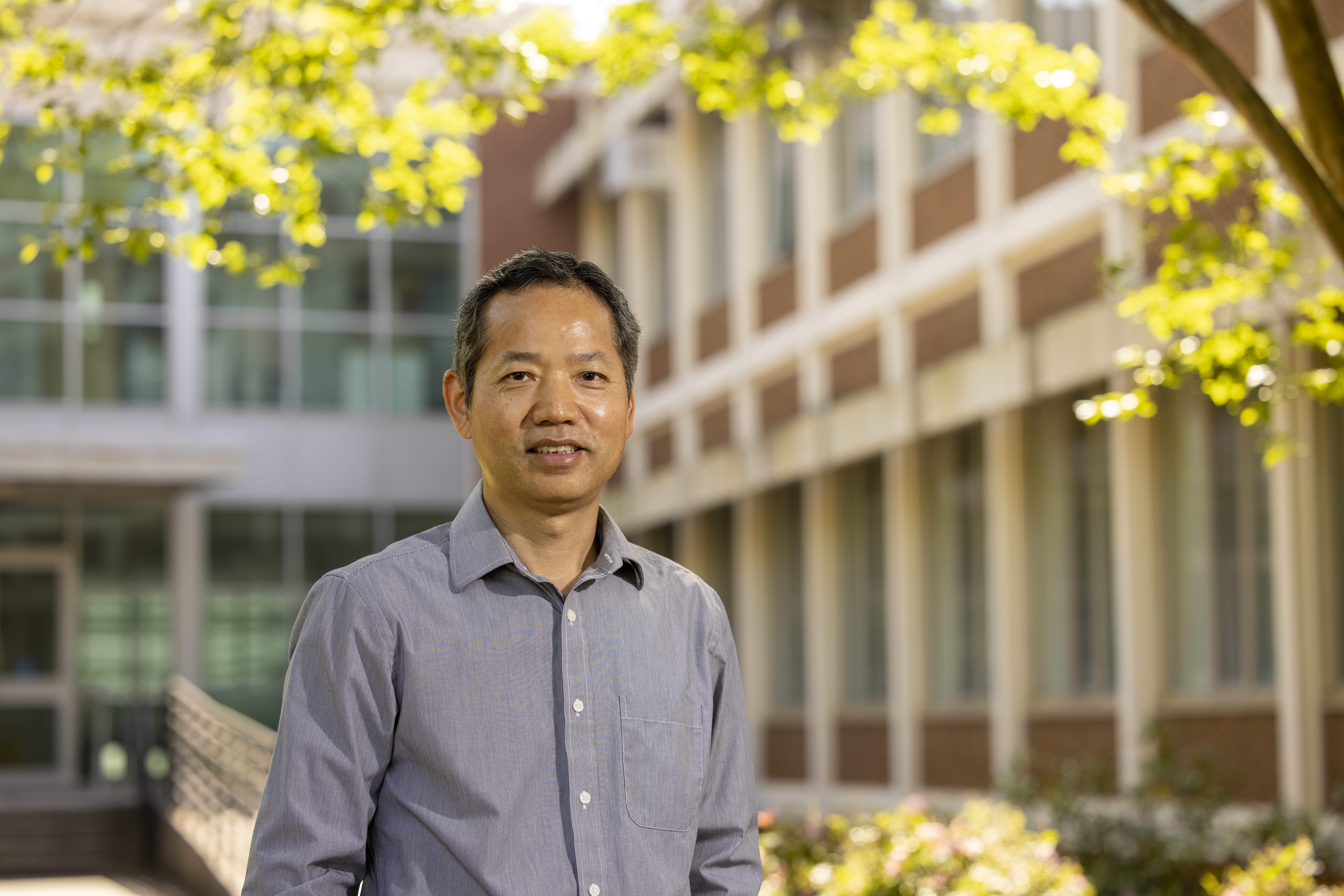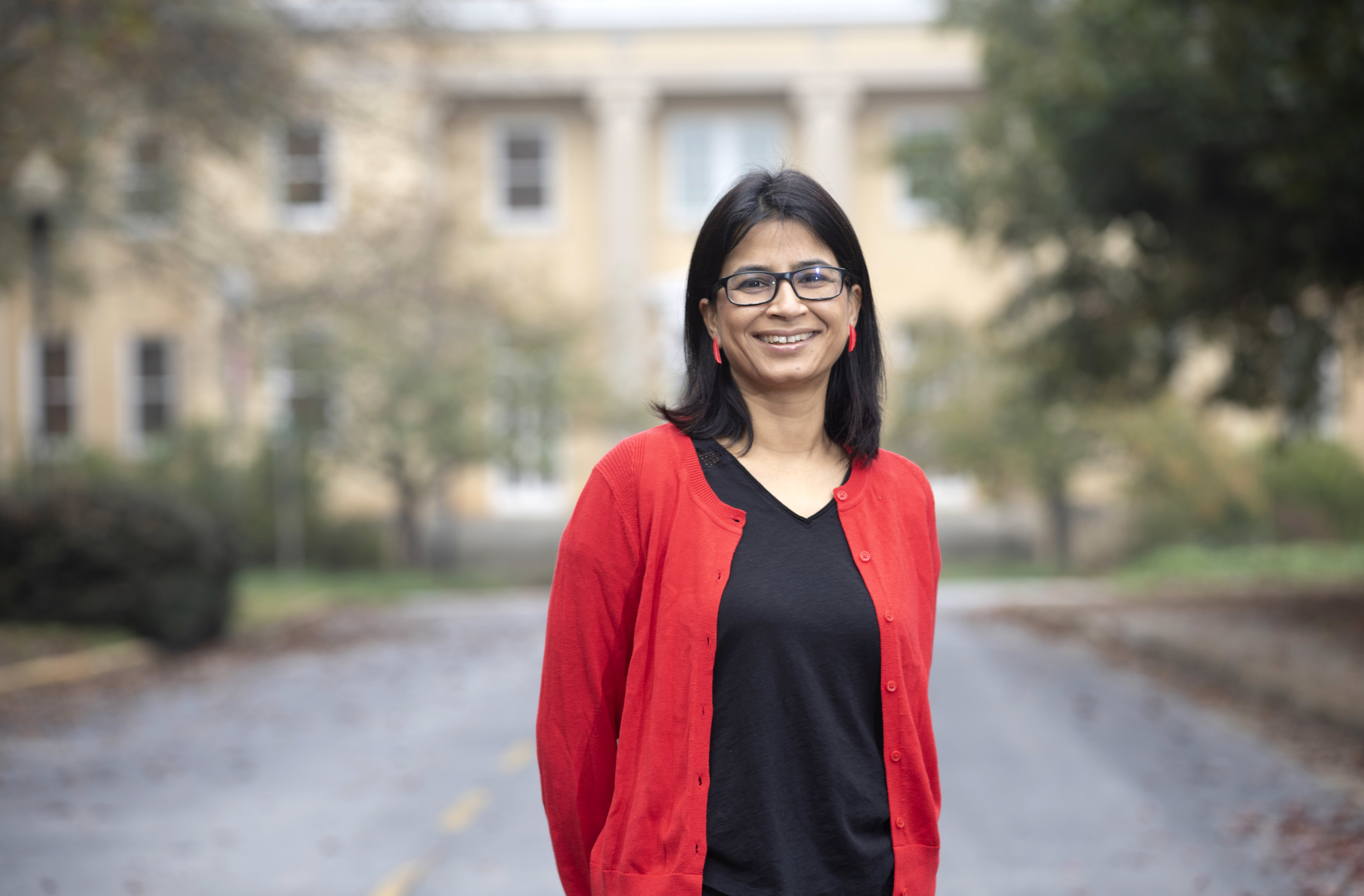University of Georgia faculty and graduate students have more than double the opportunities for open access publishing, thanks to new UGA Libraries read and publish agreements with Elsevier and Springer Nature, two of the largest academic journal publishers.

The transformative agreements cover article processing charges with nearly 4,000 hybrid journals across the Elsevier and Springer Nature portfolios, adding to previous UGA Libraries agreements in place with Wiley and other publishers. This expands the list of open access publishing opportunities at UGA to more than 7,000 titles.
“Open access publishing is a powerful tool for democratizing scientific knowledge,” said Fanbin Kong, professor of food science and technology in the College of Agricultural and Environmental Sciences. His team’s research on the microencapsulation technologies in protecting probiotic bacterial during the digestive process was the first UGA paper to be published fee-free through the new Elsevier contract.
 “By removing barriers to access, it ensures that our research on probiotic delivery systems can reach a broader audience—including researchers, industry professionals, and even the public—who can benefit from and build upon our findings,” he said.
“By removing barriers to access, it ensures that our research on probiotic delivery systems can reach a broader audience—including researchers, industry professionals, and even the public—who can benefit from and build upon our findings,” he said.
“The UGA-Elsevier agreement not only supports authors in making their work openly available but also amplifies the real-world impact of our science,” Kong added. “I’m grateful that this initiative helped share our work on microencapsulation techniques, advancing both academic and applied food science.”
Biplav Babu Tiwari, a graduate student in the College of Public Health, said he was thankful that the UGA/Springer agreement removed the article processing costs to allow his paper on strategies to improve vaccination perceptions in Southern Black families to reach a broader audience.
"I believe open-access publishing allows research to reach a larger audience beyond a researcher’s circle. It provides an opportunity for interdisciplinary collaboration and networking for future research,” Tiwari said.
“Especially for a doctoral student like me who is working towards a research career, article processing charges are often a hindrance to getting your paper published,” he added. “Opportunities that promote open access publishing allow researchers like me to develop my network and reach a broader audience without the barrier of paywalls."
 Janani Rajbhandari-Thapa, associate professor and Tiwari’s advisor and co-author in the research, added that the UGA Libraries agreements help to combat issues involving predatory journals that take open access publication fees and publish research with subpar peer review processes.
Janani Rajbhandari-Thapa, associate professor and Tiwari’s advisor and co-author in the research, added that the UGA Libraries agreements help to combat issues involving predatory journals that take open access publication fees and publish research with subpar peer review processes.
“Open access publishing for journals with strong peer review process in place make research accessible for evidence based public health,” she said. “Researchers must be vigilant to identify journals with good peer review process in place to maintain the integrity of their research.”
In addition to contracts with Elsevier, Springer, and Wiley, UGA Libraries has contracts in place to cover article processing charges for open access publishing with American Chemical Society, Association of Computing Machinery, Cambridge University Press, Company of Biologists, Institute of Physics, and the Royal Society of Chemistry. Contracts with BioMed Central and MDPI offer article processing charge discounts.
For more information about open publishing at UGA, visit our Scholarly Publishing and Open Access link or contact a librarian.
